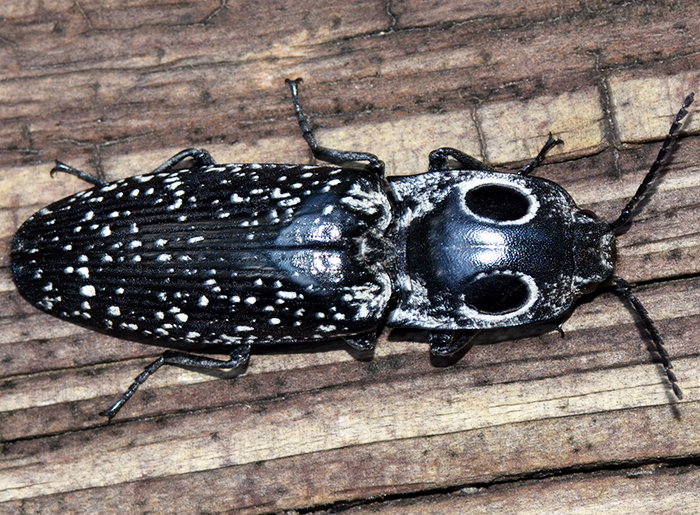Even in suburbia we are surrounded by an abundance of life but only rarely pay attention to it. On this website I will post photos of various small and big animals in my backyard. The goal is not only to show many cool critters but also to find out their names and learn more about their life. I am not a biologist. Be aware that some of my "assignments" are wrong. Please help me fixing mistakes by leaving feedback (or just say hi). My wife and I live in Tallahassee in a typical (and nice) neighborhood from the 1990s. We live next to a small lake and most of our yard is not landscaped.
My camera is a Nikon D5100. For most of the insect photos, I use a Tamron (90mm f/2.8) 1:1 macro lens and
recently I bought a Nikkor 200-500mm f/5.6 tele lens for birds and larger critters.
Both lenses are protected by B+W UV filters.
For the macro photos, I typically use the standard camera flash, because
the Nikon R1C1 flash system turned out to be too bulky for my taste.
I also recorded some YouTube videos which are linked
in the information paragraphs next to the photos and in the
Species List via the
 icon.
icon.
I started this webpage on 6/15/11. Originally it was hosted as a no-cost google site but I quickly realized that I wanted a bit more flexibility and definitely a database-driven site. The dynamic parts of bugphotos.net are written in PHP and connect to a mySQL database.
Last but not least, I want to thank all the people who have helped me with the identification of the animals in my yard. As one would expect, the large majority of species are insects and their identification requires a lot of knowledge and experience. The website BugGuide.Net has been an invaluable resource and I am indebted to the BugGuide community for their help and patience.

